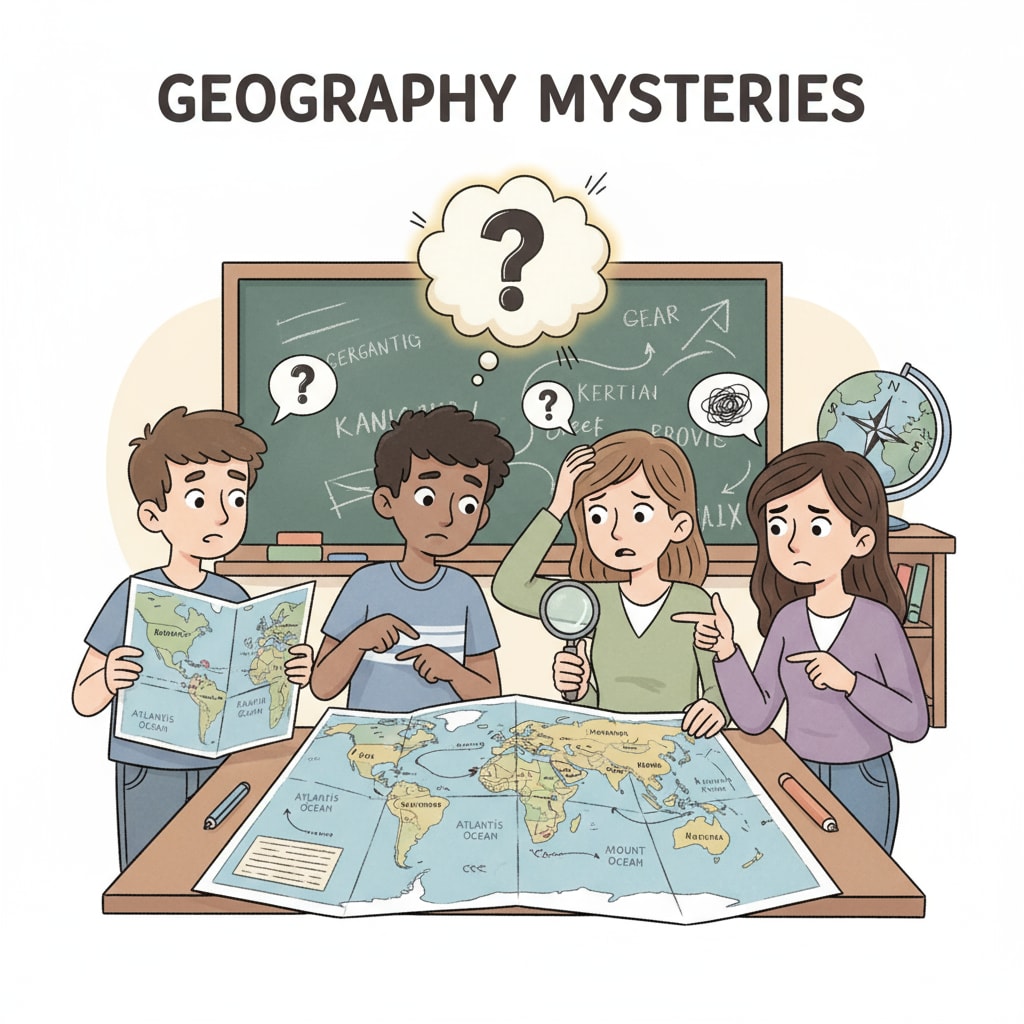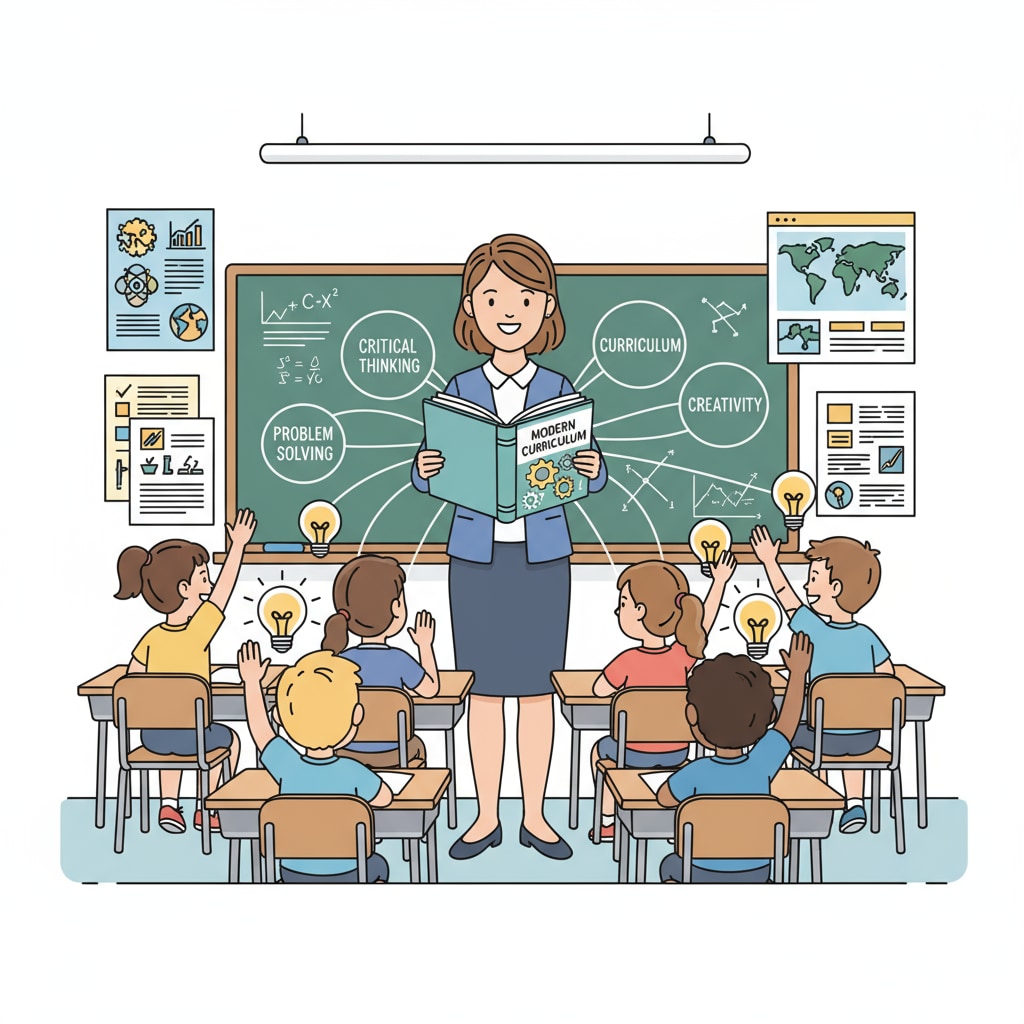In modern education, the issue of educational quality, lack of basic knowledge, and historical and civic literacy has become a cause for concern. There is a disconcerting trend where students achieve high scores in standardized tests yet have limited understanding of fundamental historical, geographical, and civic concepts. For instance, some students might ace math and science exams but struggle to locate major countries on a world map or explain the basic principles of their country’s governance.

This situation not only questions the effectiveness of our current educational system but also has implications for students’ overall development.
The Root Causes of the Knowledge Deficit
One of the primary reasons for this knowledge gap is the overemphasis on standardized testing in modern education. Schools and educators often focus on preparing students to perform well in these tests, which typically prioritize academic subjects like math and language arts. As a result, subjects related to history, geography, and civics are sometimes sidelined. According to Britannica’s Education Overview, this narrow focus on test scores can lead to a lack of well-rounded education. Teachers are under pressure to cover the material that will be tested, leaving little time for in-depth exploration of other important areas of knowledge.
Another contributing factor is the changing nature of the curriculum. With the rapid advancement of technology and the increasing demand for skills in science, technology, engineering, and mathematics (STEM), there has been a shift in educational priorities. While STEM education is crucial, it should not come at the expense of other essential subjects. The reduction in the allocation of time and resources to history, geography, and civics in the curriculum means that students have fewer opportunities to develop a solid foundation in these areas.

The Impact on Students’ Long-Term Development
The lack of basic knowledge and historical and civic literacy can have far-reaching consequences for students’ long-term development. In an increasingly interconnected world, understanding different cultures, histories, and global issues is essential for effective communication and collaboration. Students who lack this knowledge may find it difficult to engage in meaningful discussions, make informed decisions, and build relationships with people from diverse backgrounds.
Furthermore, historical and civic literacy plays a vital role in shaping responsible citizens. Without a proper understanding of history, students may not appreciate the sacrifices and struggles that have led to the present, and may be less likely to uphold the values and principles of a democratic society. According to Wikipedia’s Civic Education Page, civic education is crucial for培养 active and engaged citizens. A lack of such education can result in a generation of individuals who are disengaged from community affairs and unaware of their rights and responsibilities.
Readability guidance: We have explored the root causes and impacts of the knowledge deficit among students. Next, we will look at some possible solutions to bridge this gap and improve educational quality, ensuring students develop a well-rounded set of knowledge and skills.


